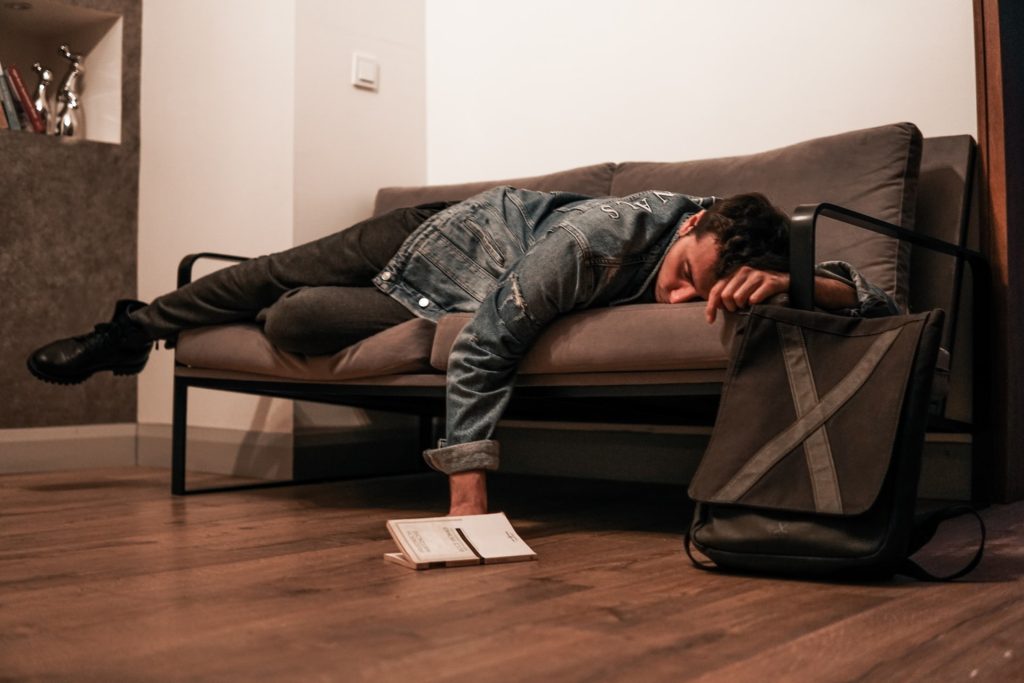
Sleep deprivation is bad for memorisation, something which still doesn’t deter many med students from late night cramming. Researchers however have discovered that memories learned during sleep deprivation is not necessarily lost, it is just difficult to recall. Publishing in the journal Current Biology, the researchers have found a way to make this ‘hidden knowledge’ accessible again days after studying whilst sleep-deprived using optogenetic approaches and the asthma drug roflumilast.
University of Groningen neuroscientist Robbert Havekes and his team have extensively studied how sleep deprivation affects memory processes. “We previously focused on finding ways to support memory processes during a sleep deprivation episode,” says Havekes. However, in his latest study, his team examined whether amnesia as a result of sleep deprivation was a direct result of information loss, or merely caused by difficulties retrieving information. “Sleep deprivation undermines memory processes, but every student knows that an answer that eluded them during the exam might pop up hours afterwards. In that case, the information was, in fact, stored in the brain, but just difficult to retrieve.”
Priming the hippocampus
To find out, the researchers selectively introduced optogenetic proteins into neurons that are activated during a learning experience, enabling recall of a specific experience by shining a light on the cells. “In our sleep deprivation studies, we applied this approach to neurons in the hippocampus, the area in the brain where spatial information and factual knowledge are stored,” says Havekes.
First, the genetically engineered mice were given a spatial learning task in which they had to learn the location of individual objects, a process heavily reliant on neurons in the hippocampus. The mice then had to perform this same task days later, but this time with one object moved to a new location. The mice that were deprived of sleep for a few hours before the first session failed to detect this spatial change, which suggests that they cannot recall the original object locations. “However, when we reintroduced them to the task after reactivating the hippocampal neurons that initially stored this information with light, they did successfully remember the original locations,” says Havekes. “This shows that the information was stored in the hippocampus during sleep deprivation, but couldn’t be retrieved without the stimulation.”
Memory problems
The molecular pathway set off during the reactivation is also targeted by the drug roflumilast, which is used by patients with asthma or COPD. Havekes says: “When we gave mice that were trained while being sleep deprived roflumilast just before the second test, they remembered, exactly as happened with the direct stimulation of the neurons.” Since roflumilast is approved for use in humans and can enter the brain, this may lead to testing to see if it can recover ‘lost’ memories for humans..
It might be possible to stimulate the memory accessibility in people with age-induced memory problems or early-stage Alzheimer’s disease with roflumilast,” says Havekes. “And maybe we could reactivate specific memories to make them permanently retrievable again, as we successfully did in mice.” If a subject’s neurons are stimulated with the drug while they try and ‘relive’ a memory, or revise information for an exam, this information might be reconsolidated more firmly in the brain. “For now, this is all speculation of course, but time will tell.”
Source: University of Groningen.

